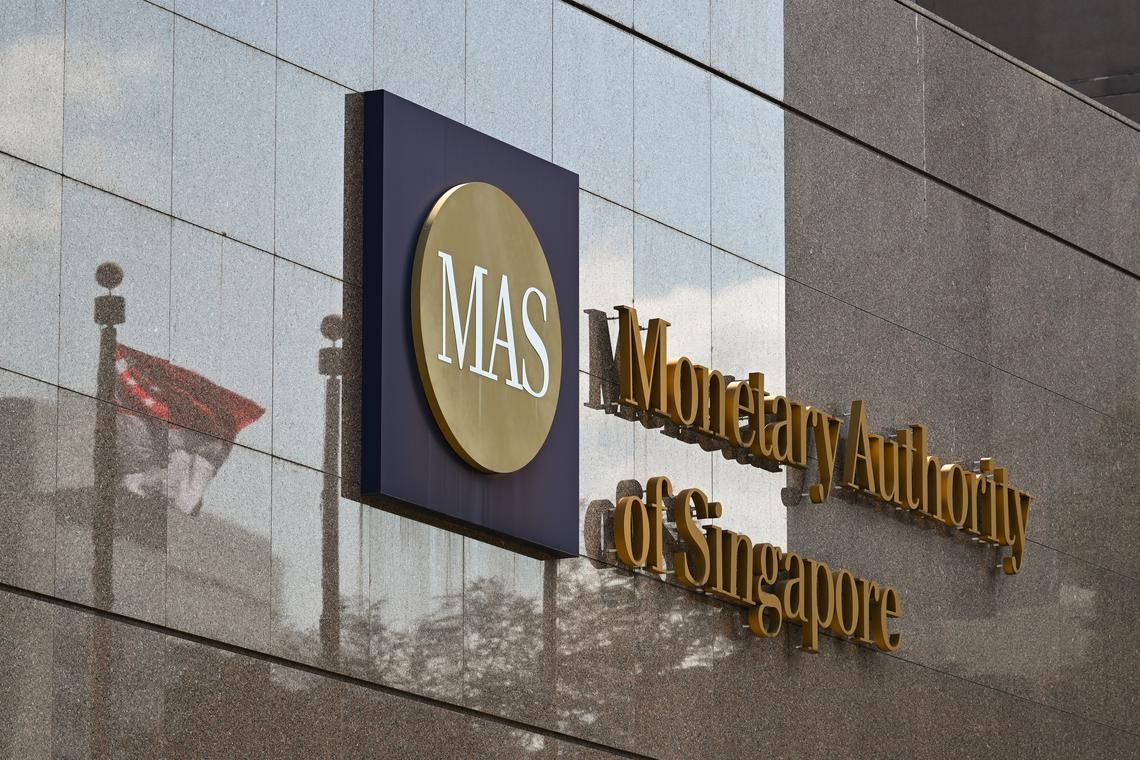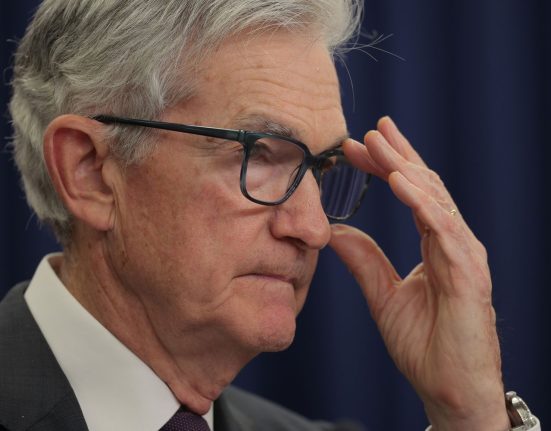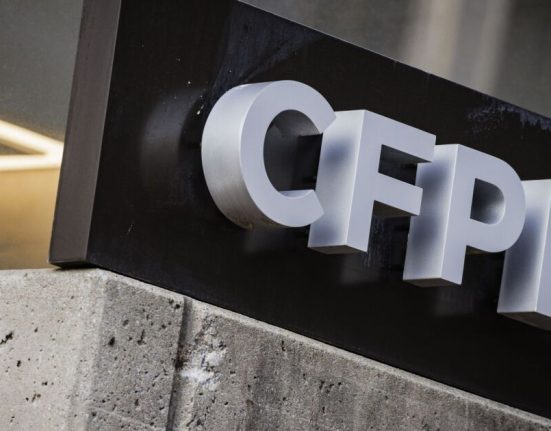SINGAPORE – The sharp sell-off in global markets in early April – when the US S&P 500 dropped as much as 12 per cent and the Straits Times Index fell 14 per cent in just one week – was a stark reminder to investors just how fluid public markets can be.
The conventional advice is to ride out the market gyrations, but how many investors can stay grounded and avoid panicking?
Ms Kerrine Koh, head of South-east Asia at Hamilton Lane, one of the world’s biggest private market investment firms, said people do get emotional about how their investments are performing.
She added that investing in assets that are less liquid may protect these investors from making hasty decisions.
One example of such less liquid assets is private market investments, a group of alternative investments that are currently available to accredited investors, high-net-worth individuals and family offices.
The Monetary Authority of Singapore (MAS) is exploring the possibility of widening access to private market investments, which include private equity, private credit and infrastructure, to retail investors here.
The Straits Times takes a look at private market investments and finds out how suitable they are for retail investors.
1. What are private market investments?
Private market investments refer to investments in private companies or companies that are not listed on a public exchange and hence not widely accessible to investors.
Some examples of privately held companies in Singapore include online car marketplace Carro and e-commerce platform Carousell.
Ride-hailing and delivery company Grab Holdings and gaming and e-commerce firm Sea Group are examples of private companies which subsequently listed in the United States and became public companies.
Hamilton Lane’s Ms Koh said private companies are all around us.
“For every listed company that is of a reasonable size earning a revenue of US$100 million (S$130.6 million) or more, there are about nine private companies,” she added.
Investments into these private companies can be in the form of private equity, which involves taking an equity interest in an unlisted company; or it can be in the form of private credit, which refers to loans extended to these companies by non-bank lenders.
Ms Dora Seow, chief executive of Natixis Investment Managers Singapore, said other types of private market investments include investments into private real estate projects or real estate funds.
Infrastructure investments in essential services and facilities such as transportation, utilities and energy projects, which are crucial for the functioning of society, can also be classified as private market investments, she noted.
She added that natural resources, including agriculture and farmland, timberland and water, are another area of interest for private market investors.
2. Are private markets more immune to day-to-day market volatility than public listed ones?
Ms Anastasia Amoroso, chief investment strategist of iCapital, said private markets have historically exhibited lower volatility than public markets because these assets are not marked to market daily.
This means that the assets are not valued based on their price in the market on any single day.
As a result, they are not subject to daily trading fluctuations that can create large discrepancies from the intrinsic or true value, particularly during times of stress, noted Mr Hugh Chung, chief investment officer at digital wealth platform Endowus.
3. How can private market investments add value to a retail investor’s portfolio?
Natixis Investment’s Ms Seow said these funds provide opportunities for diversification because there is a low correlation or weak relationship with the public markets.
When the correlation is low, private markets move independently of public markets. This can help to mitigate the overall risks in an investor’s portfolio during periods of market volatility, she added.
She further noted that these investments give retail investors exposure to unique companies and assets that are not accessible through the public exchanges, thus allowing them to tap opportunities that may yield their portfolios substantial growth.
However, there needs to be greater investor education of this asset class.
Ms Adeline Tan, head of investments for Asia at Mercer, said investors are not ready to pick their own private market funds to invest in and will need investment advice.
She added that relationship managers at the banks will have to undergo training so they can understand and explain how these investments work to retail investors.
4. Private market investments are for the long term.
Once a retail investor has understood more about the private markets and feels that he is ready to dip his toes in, he will find that financial experts will advise him that it is a long-term commitment. He has to be sure that he will not need the cash that is locked up in his private market investments in the near future.
Natixis Investment’s Ms Seow said private asset funds are typically held for 10 to 12 years while some infrastructure funds require investors’ money to be locked up for up to 30 years.
Hamilton Lane’s Ms Koh said they may want to think about their investment objectives and investment horizon to determine if the private markets are a suitable investment vehicle.
She added that if an investor is saving for a holiday in 2026, then he should look for liquid investment options that he can sell easily within a year.
Private market investments are not as liquid and will be more suitable for an individual who is investing for his retirement 20 or 30 years from now, she said.
And just like with the public markets where investors are advised to take a diversified approach, the same advice applies with the private markets, Endowus’ Mr Chung said, adding that a diversified portfolio will minimise the risk of any permanent loss of capital during challenging economic times.
Fees charged by the fund should also be factored into the investment decision. Ms Seow noted that retail investors should look out for management fees, performance fees and other costs to evaluate how these charges will affect their investment outcomes.
5. What are some other risks involved?
Retail investors will also have to be mindful that private assets cannot act as a bubble wrap for their portfolio when the investment environment turns sour.
Endowus’ Mr Chung said private markets are not spared if the growth outlook deteriorates or if there is a protracted economic downturn.
He noted that under such circumstances, the value of the portfolio companies held by private equity funds will still be impacted, just like their public market counterparts. These funds will also find it harder to pursue mergers and acquisitions or to list their portfolio companies.
In addition, private credit funds which lend to private companies may experience higher default rates in a weak economic environment, Mr Chung said.
Mr Kevin Teng, chief executive of Wrise Private Singapore, noted that private equity or private credit are just illiquid versions of their public counterparts, thus, there is a need to be selective and practise extra due diligence when it comes to private market offerings. This lack of liquidity can hurt an investor when the markets turn south because he will find that he cannot sell his assets for cash as easily as he would have been able to in the public markets.
Yale University in the United States is a recent case in point. The university was one of the first few endowment funds to shift some of its investment allocation into less liquid alternatives, particularly private equity.
It was recently reported that Yale is trying to sell as much as US$6 billion (S$7.8 billion), or a third of its private equity investments, in the secondaries market. This market allows private equity investors to exit their investments before maturity by selling them at a discount to other investors.
6. How can retail investors access private market investments?
In Singapore, the MAS has proposed a long-term investment fund (LIF) framework for retail private market investment funds.
The authorities are looking at two fund structures. The first one is a direct fund, where the fund manager invests directly into private companies.
Hamilton Lane’s Ms Koh said a direct fund manager typically acquires 20 to 30 companies to form a diversified portfolio of companies.
The second option is a long-term investment fund-of-funds (LIFF) structure that invests in other private market investment funds.
Ms Koh said a typical fund-of-funds invests in 10 to 20 fund managers, which each invests in 20 to 30 private companies.
This structure is more diversified because the retail investor is essentially investing in as many as 600 private companies as opposed to a direct fund manager which has 30 companies in its fund.
However, the fund-of-funds structure is more expensive as it charges two layer of fees, noted Ms Koh.
This is because when the investor is investing in a fund-of-funds, he will have to pay the fees charged by its fund manager as well as those levied by the underlying funds.
MAS is inviting views and suggestions on the proposed framework for retail private market investment funds until May 26.
Join ST’s Telegram channel and get the latest breaking news delivered to you.







